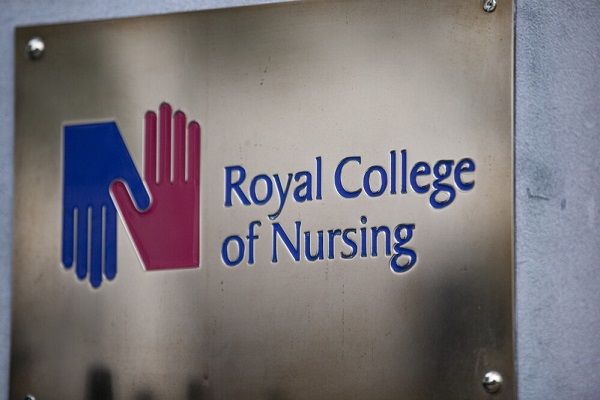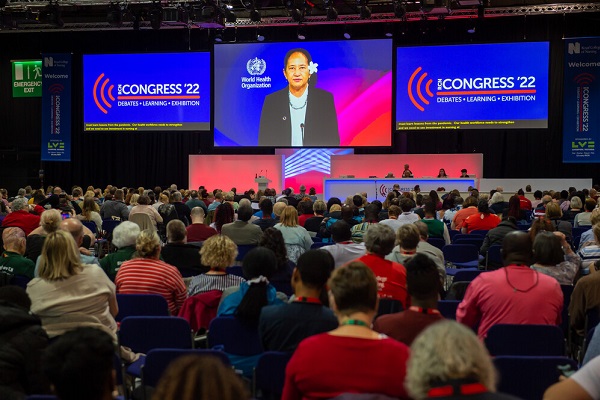Equity, diversity and inclusion recommendations
How we're meeting the recommendations of Bruce Carr KC, KPMG and other independent reviewers
See the progress we’re making
We're committed to meeting all 38 recommendations raised through independent reviews of the culture of our College.
2 of these recommendations relate to our commitment to equity, diversity, and inclusion. They'll help us to become genuinely representative, and to offer equal opportunity and influence across our diverse membership.
Recommendations may not appear in consecutive order.

Recommendation 10
Develop an approach to support diversity of membership in all governance forums.
Progress
A suite of initiatives to address issues of equity and inclusion have been put in motion, beginning with the development and launch of our new group-wide Equity, Diversity and Inclusion Strategy, which we launched in May 2024, and the re-establishment of the RCN Equity, Diversity and Inclusion Committee, which met for the first time in June 2024.
In the lead-up to the 2024 regional and country board elections, all 9 England regional boards and the 3 country boards (Scotland, Northern Ireland and Wales) were invited to consider how they could use positive action to improve the diversity of their elected representatives. To support this, boards were offered the option to adopt a constraints model, enabling them to prioritise candidates from underrepresented groups if needed to reflect the diversity of their membership.
Two boards opted to formally adopt the model, introducing a positive action provision for members from the global majority. This meant that in specific circumstances, candidates from these communities could be appointed to ensure more balanced and representative boards — even if they did not receive the highest number of votes. Importantly, in both regions that adopted the constraints model, members from the global majority went on to win their seats outright, demonstrating strong engagement and support from their peers — and showing that when barriers are reduced, representation follows.
To widen access and engagement, boards also introduced a range of supportive measures, including:
- Targeted communications to encourage diverse applications
- Outreach through existing EDI networks
- Tailored support through the nomination and application process.
We are currently exploring other models and areas of best practice in terms of widening participation.
Member networks
Four national EDI Networks will be set up in 2026, and a framework of support is currently being developed by the EDI team and Governance team. Complementing these national networks, Northern Ireland, Scotland, Wales and the nine England regions can (and have) set up local self-organised groups, supported by the respective country / England region.
There are 13 elements to this recommendation, 9 of which have been completed. 2 elements will be completed by December 2025, and all work on this recommendation is expected to be completed by December 2026.
Recommendation 35
Review the current approach to member elections to assess the impact on effective decision-making in terms of diversity, inclusion and turnover.
Progress
The goal of encouraging a wider range of people – including women, Black, Asian and Minority Ethnic members and members with a disability – to take up governance positions is a central part of the new Equity, Diversity and Inclusion strategy. A working group from the EDI team and governance has been established to take a structured and systematic approach to this work and to review current practice.
The elections for Council 2025 attracted a far more diverse set of members and has culminated in a more diverse Council. Also, for the first time, two boards applied a global majority constraints to their board election processes, stipulating that at least one seat on the board must be filled by a member from the global majority.
There are 3 elements to this recommendation, 1 of which has been completed. A further 1 element is expected to be completed by December 2026. All work on this recommendation is expected to be completed by December 2027.
Where next?
Page last updated - 23/12/2025








